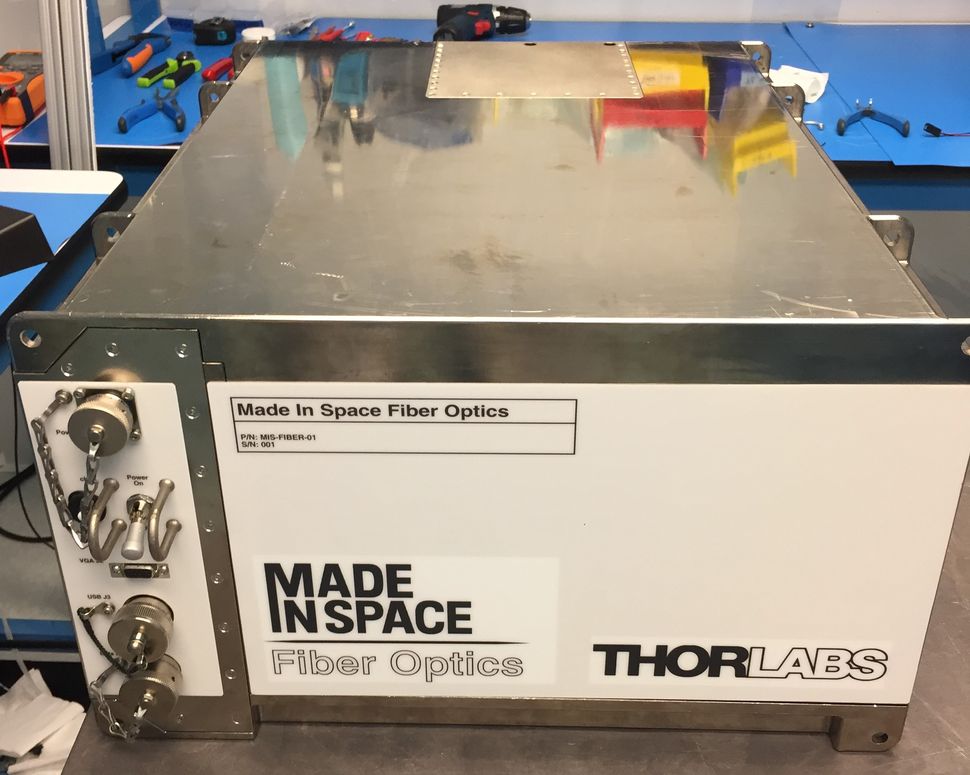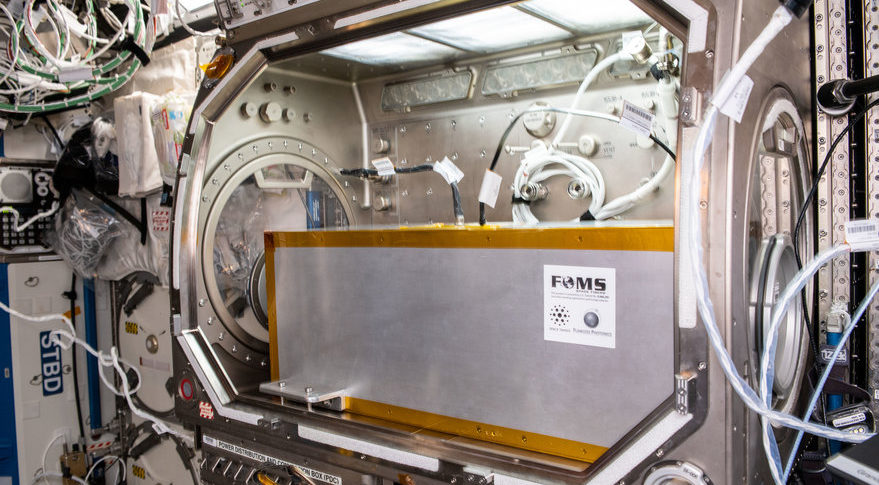I actually misread your post though. At first I thought you were saying you saw no programs that require more space stations and even though I re-read you correctly, I'm still going to answer that point as if you made it because space spam. The Artemis lunar program has been architected to require a new space station in Lunar orbit, in part because those are easier to pull in international participation than say a lander because of the way stations are designed with a modular architecture. The US NASA administrator Jim Bridenstine promised the Japanese a spot on a landing team if they gave support and JAXA announced a vague participation agreement. Bridenstine has been going to all the big space agencies and making the same pitch with success. But we'll see if the program even survives the current US administration. But so far the EU, JAXA, Canada and Russia have all signed up to produce various components of what they're calling the Lunar Gateway.
I used to believe the technical argument that the Gateway is a massive waste of resources but after listening to Bridentstine explain the flexibility that the approach allows and the way it establishes international cooperation (which means it will have some level of bureaucratic inertia) helps ensure its survival. I think if the original Orion program had been an international effort, it would have survived Obama.

 (things I do not really know about) sorry for that. Anyways we are a ...
(things I do not really know about) sorry for that. Anyways we are a ...


 . Well, asteroid mining could be a thing, but I think it will be quite some time until that is viable. I can at least imagine some high-tech, high-value, low-demand product, but my imagination is not good enough for a high-value, high-demand kind of product.
. Well, asteroid mining could be a thing, but I think it will be quite some time until that is viable. I can at least imagine some high-tech, high-value, low-demand product, but my imagination is not good enough for a high-value, high-demand kind of product.